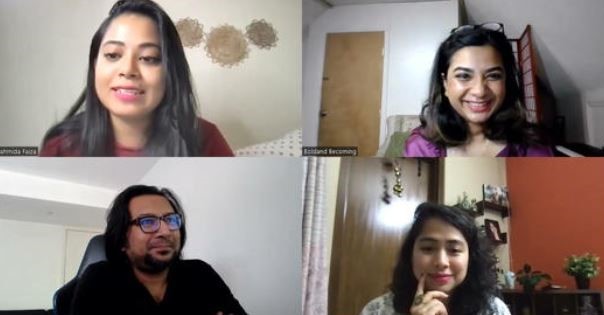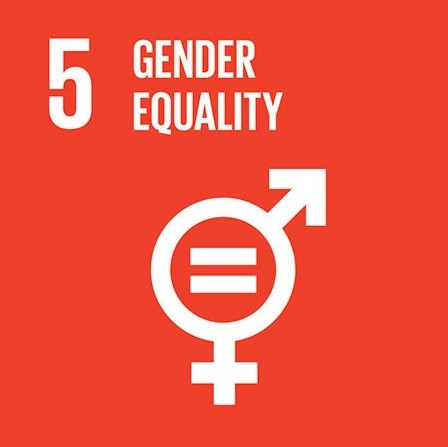“Women Empowerment and Habits” was the topic of our third webinar. We were honored and humbled to have three impactful global changemakers from different professional backgrounds to share their valuable knowledge and insights with us.
Our discussion launched with the question: Why Bangladeshi women tend to forgo their (household) decision making and/or financial authority despite being economically empowered? The answers from all the guests drilled into some crucial leads for why women in Bangladesh tend to forgo their decision making and/or financial authority despite being economically empowered. Lack of awareness due to cultural conditioning often limits women from knowing and enacting the right, shared Samira Asma-Sadeque, a trailblazing New York-based Bangladeshi journalist with works in NY Times, The Guardian etc. (to name a few). She mentioned that oftentimes the default setting that is instilled in our upbringing from our family and culture may limit women from taking ownership of the financial decisions of the household.
Fahmida Faiza, a transformative female leader from the sports industry who is the Head of Social Responsibility and Safeguarding at the South Asian Football Federation, added and explained how our political infrastructure of women leaders in position of power and authority is so symbolic and conflicting to the true real picture of regular lives of common middle class women. She stressed with the example of “Queen Bee” syndrome, that it is not only the social conditioning and structuring of the men to be blamed always, but also of the women who are gatekeepers of this patriarchy and hinderers of the growth of other women.
While pulling apart those “whys”, one of our panelists, I call him the connoisseur of Economics as he got his Masters and PhD in Economics,and now teaching Economics in University of Sussex, England, Adnan Fakir spotlighted some brilliant solutions to this household power dynamic. He said we should incorporate more creative ways like films, ads etc to induce the positive change and unlearning of our ineffective social norms and cultural identities. He emphasized the need to include males in these discussions to create and have a sustainable change.
Next, the discussion avenued on sharing emotional habits to build resilience. Faiza shared her wisdom of having the openness and permeability to accept that someone can know more than her. Someone else can also be right. Dwelling on the rigidity of “I am always right or my way is better than yours” will only lead to predicaments. Fakir, who is also a moving poet and the founder and director of “Finding Bangladesh” added that conscious practice of expressing and communicating one’s feelings rather than bottling them up is the true virtue of resilience! Samira,who in parallel of being a journalist, is also an educator and a profound poet with work in HBOMax,weaved in another deepening dimension to Fakir. She mentioned “we must give ourselves ROOMS for our grieves!” And, I, as the facilitator, couldn’t have agreed more to that. Sadness/grief is one of our fundamental emotions and we should consciously acknowledge it!
Our session rolled onto conversing about different coping mechanisms, different things,which our guests have unlearned as adults to sharing our insights on how to handle gender based biases and discriminations in professional/personal setups. We shared about our substantial responsibilities to create and amplify our values, to create the right culture to engender respect and confidence!
It was an invaluable conversation with these three wonderful role-models of mine! Hope this webinar will help you to think differently, to make the right decisions, to love and express yourself more!
Share us about your habits for building resilience and/or for unlearning any ineffective norms?
Send us your answers at boldandbecoming@gmail.com.



